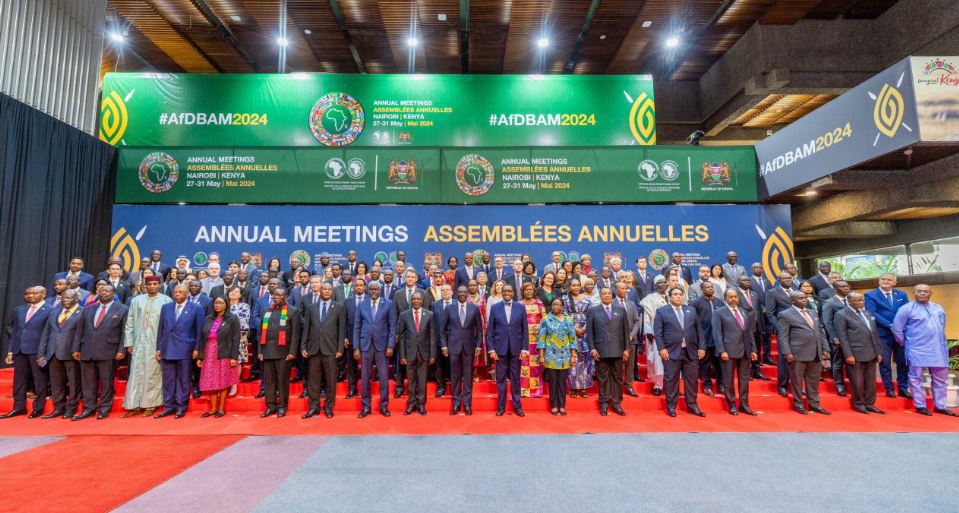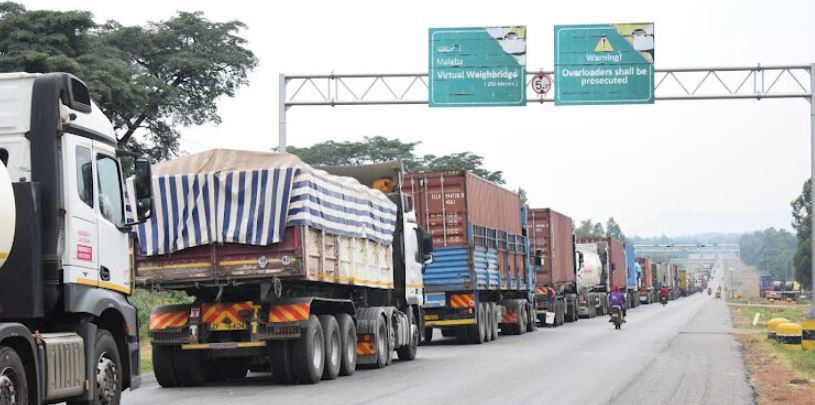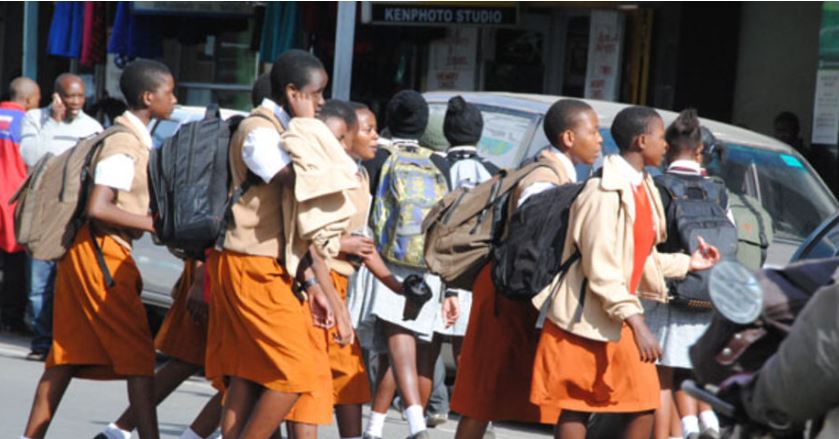 President William Ruto has urged for reforms of the global financial architecture to tackle destabilizing debt and climate vulnerabilities in Africa.
President William Ruto has urged for reforms of the global financial architecture to tackle destabilizing debt and climate vulnerabilities in Africa.
The President emphasized the urgency to address the current situation, noting that countries on the continent are grappling with high financing interest rates alongside climate shocks and constrained government revenues.
Consequently, he highlighted that developing countries, including those in Africa, face challenges in investing in low-carbon and climate-resilient development.
He pointed out that this financial situation jeopardizes climate action and sustainable development goals.
“A better, more responsive, and fairer international development financial architecture is urgently needed. Time is of the essence,” he emphasized.
President Ruto made these remarks during the official opening of the 59th Annual Meetings of the African Development Bank Group and the African Development Fund at the Kenyatta International Convention Centre in Nairobi.
Among those in attendance were Presidents Denis Sassou Nguesso of Congo, Paul Kagame of Rwanda, Emmerson Mnangagwa of Zimbabwe, Hassan Sheikh Mohamud of Somalia, and Mohamed Menfi, President of the Presidential Council of the State of Libya. Also present were Burundi Vice-President Prosper Bazombanza and Prime Ministers Saara Kuugongelwa-Amadhila of Namibia and Ali Lamine Zeine of Niger. Others included African Development Bank President Akinwumi Adesina and African Union Commission Chairperson Moussa Faki Mahamat.
President Ruto emphasized Africa’s need to raise resources for investing in infrastructure and industrialization to ensure rapid economic growth.
“However, we face the rigid barrier of a global financial architecture that is fundamentally misaligned with our aspirations,” he stated.
Ruto criticized the tendency of the international financial system to label Africa as a risky borrower despite its vast human, mineral, and agricultural potential.
“We are told it is safe to mine in spaces where there is conflict, but it is risky to lend to African economies. What a contradiction?” he said.
President Ruto called for reforms in the African Union to make it more effective, advocating for the African Union Commission to be empowered to prosecute African economic diplomacy effectively. He also stressed the need for the African Union to take charge of the continent’s peace, security, and stability and to work towards solutions to conflicts in Africa.
Additionally, he proposed reforms in the Pan-African Parliament and called for the establishment of the African Court of Justice to address internal justice matters.
President Kagame echoed the need for a new global financial architecture that aligns with Africa’s interests and urged African leaders to actively pursue reforms within the African Union to foster continental integration and economic growth.
President Nguesso emphasized the importance of basic infrastructure, such as roads, railways, and waterways, for intra-African trade, while President Mnangagwa advocated for African states to collaborate more closely to harness the continent’s resources effectively.
President Mohamud highlighted the severe impact of climate change on Somalia, while Dr. Adesina called for reforms in the global financial architecture to better cater to Africa’s development needs, noting the African Development Bank’s significant contribution to the continent’s economic growth.
National Treasury Cabinet Secretary Njuguna Ndung’u commended the African Development Bank for its support in advancing the continent’s development ambitions, acknowledging its contributions to economic growth, job creation, improved incomes, and better living conditions in Africa.
-Presidential Communication Service(PCS)








